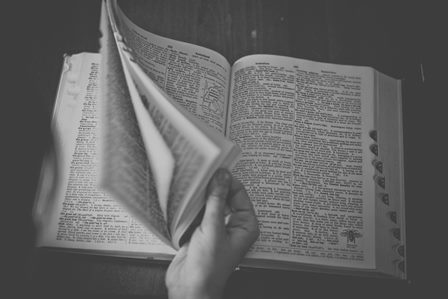
This list of classical Feng Shui terms has very brief descriptions for each term. For a more elaborate explanation of any of these terms, I can direct you to articles I’ve written or excerpts from my books.
Sitting Side: The back side of a property.
Facing Side: The front side of a property.
Orientation: A house or building has an orientation, which refers to its directional alignment, such as a house facing north, sitting south. That is its orientation.
Money Lock: A cycle that a structure goes through which can undermine financial luck of the occupants.
People Lock: A cycle that a structure goes through which can undermine health and relationships of the occupants.
Flying Stars: The energies created in a structure based on when it was built in combination with its orientation. These are the energies which can respond to specific elements.
Annual cycle or annual stars: Flying stars which become activated in a property on a yearly basis and influence occupants similarly to the permanent flying stars, but of shorter duration.
Period: Structures are built within 20 year Periods, or Eras. The Period of the House is the time frame in which it was built. For example, a Period 7 house was built between 1984-2004.
Five Elements: Water, Wood, Fire, Earth, Metal. These are elements which are both literal as well as representations for other more subtle energies. I have files on my website devoted to each element with photo examples of how to represent any Element. Go to www.fengshuisolutions.net/for-clients/
House Type: There are four major house types based on when they were built and their compass orientation.
Wang Shan Wang Shui: A house type that has general qualities supporting health and wealth of occupants.
Double Facing: A house type that favors more the financial luck than the health luck of occupants.
Double Sitting: A house type that favors more the health of the occupants than the financial luck.
Reversed House type: A house type that has general qualities which undermine the health and wealth of the occupants.
Yin-Yang Theory: The study of opposites and extremes in your environment and this can include features that affect all your five senses. For example a space that is chronically dark is yin and a space that is too bright is overly yang.
Poison Arrow: The corner edge of a structure or piece of furniture which has a sharp edge. A poison arrow can then end up pointing toward a person or another building and undermining well-being.
Qi (or ch’i): A type of life force energy which permeates everything animate and inanimate.
Sheng Qi: healthful nurturing energy.
Sha qi: Disturbing or harmful energy.
Construction sha: potential negative influences which can emanate from a construction project or an active demolition.
Tai Sui: Each year there is a main direction which can become an accident-prone area, especially if remodeling, landscaping or demolition takes place in or around that direction.
Sui Po: Each year there is a secondary direction which can also create problems for occupants when the area gets disturbed through digging or demolition.
Ming gua: Each person has character traits, personal best directions and vulnerable body areas based on their year of birth. The ming gua, kua, or personal trigram is the term for this form of identification, much like a zodiac sign.
Luo pan: Special compass used for Feng Shui purposes.
Magnetic Declination: This is the variance between True North and Magnetic North. The magnetic declination is different all over the world and changes slowly over time. In Feng Shui we refer to Magnetic North and not True North.
Eight House Types: In a separate way to identify houses which is not related to the four major house types, the Eight House Types are labeled based on their sitting direction and categorized as one of the eight basic directions of North, South, East, West, Northeast, Southeast, Northwest and Southwest.
Directional Sector: Any floor plan can be divided up into directional sectors based on the real compass orientation. It is a portion of the space, aligned with the actual directions unique to an interior or exterior space.
Lu Cun (pronounced like loo choon): This refers to a direction or time frame that is supportive for financial luck. For example, for people born in a year ending in 1 (like 1951, 1961, 1971) their Lu Cun Lucky Money direction is exactly West. Their Lu Cun Lucky Money days are Rooster Days on the Chinese calendar.
Chong: This can be an opposition day or location. It can drain a person. For example: those born in the Year of the Ox will find that Sheep Days are their Chong/Opposition Days. Or a person born in the Year of the Rooster will find that sleeping in the Rabbit Direction (East) can be draining, tiring.
Author: Kartar Diamond
Company: Feng Shui Solutions (R) Since 1992
From the Frequent Client Questions Blog Series
